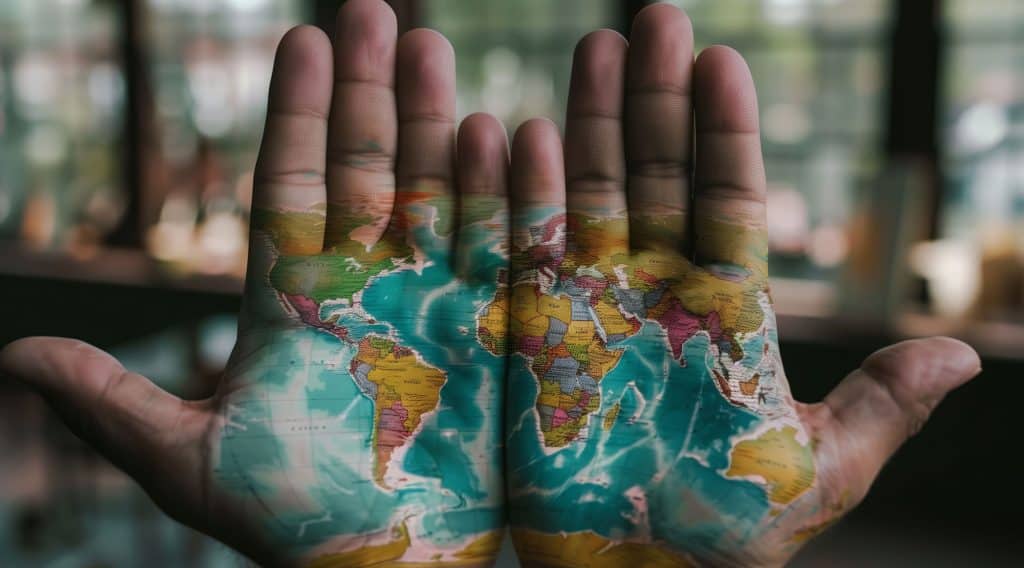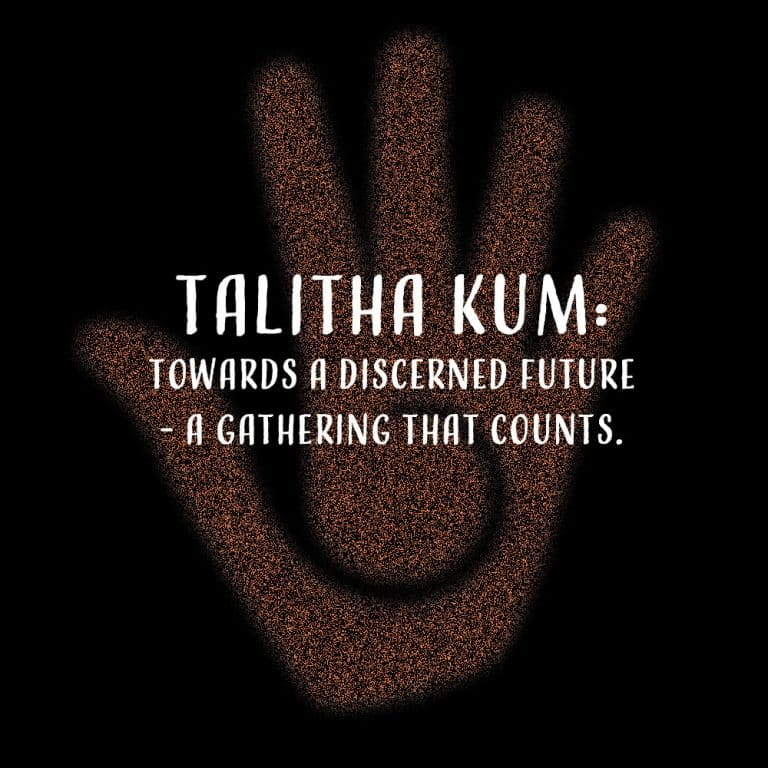
Damaris House – May Newsletter
[smartslider3 slider=”57″]
My dear friends,
This year, May has been for us the month of Orthodox Easter,



[smartslider3 slider=”57″]
My dear friends,
This year, May has been for us the month of Orthodox Easter,

You can access the article here: https://www.vaticannews.va/de/welt/news/2024-05/menschenhandel-talitha-kum-ordensnetzwerk-renate-interview.html
(Photo credit: Vatican News)
Religious orders are at the forefront and well-networked to combat human trafficking,

Author – Brian O’Toole
I was one of the 148 Delegates from over 70 countries that attended this 2nd Talitha Kum Assembly that marks 15 years of Talitha Kum (TK).